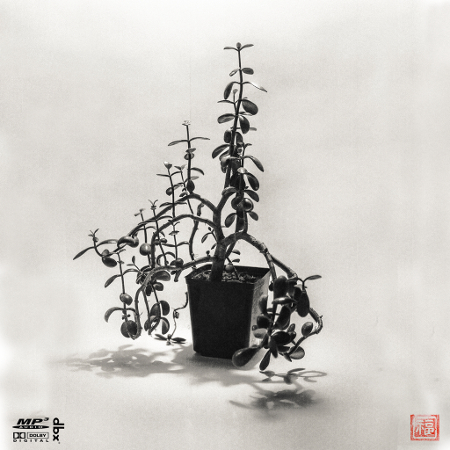The beauty and serenity of Salt Spring Island appears to have been deconstructed on Yu Su and Scott Johnson Gailey’s debut collaboration. Calling themselves You’re Me, the Vancouver duo visited Salt Spring to set up a recording studio, and were no doubt inspired by their surroundings. With Plant Cell Division they have created 45 minutes of ambient wanderings that are at times sensual and in other moments completely elusive. As an example, “Oot Re Mi” starts off with the most intimate and satisfying motif on the record featuring a steady pulse that offers the only real danceable opportunity, though only for a few fleeting moments.
The life force of the track deviates towards all sorts of ambient musings and off-kilter percussive pieces. It is no mistake that “Oot Re Mi” is immediately followed by something completely inconclusive in “Tabletalk.” Here lies the deconstruction. Nature in some sense is an ironic concept because the initial perception gained by spending any significant amount of time in a pleasing natural setting is usually one of awe and wonder. A more focused analysis of the organic ebb and flow, however, tends to reveal a level of absurd and bizarre interactions that undermine everything, yet bind it all together.
And so it is with Plant Cell Division. On tracks like “Lucidity”, “Walled Garden” and the previously mentioned “Tabletalk,” the ambient layers and textures feel like organic life forms all marching to their own rhythms. Left to interpret the dreamy soundscape from afar, they are a mesmerizing example of total cohesiveness and serve as a metaphor that defines the natural world. Upon deeper listening, there are elements of complete randomness, bordering on entropy, with subtle synth parts arriving and departing seemingly impervious to any musical structure or time signature. Still unity is achieved with this unusual interplay and in this way the record mimics the very random yet calculated design of life on our planet.
And while Plant Cell Division obtains its beauty by combining simplicity and complexity, there is one major complaint that should not be dismissed. The album is way too short and it seems just as we cozy up to the relaxed chaos. “Soft Opening,” like a few other tracks, leaves us all too abruptly.


